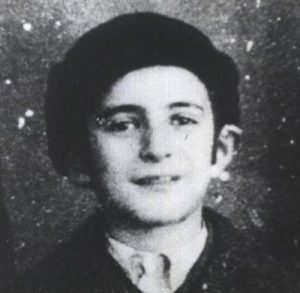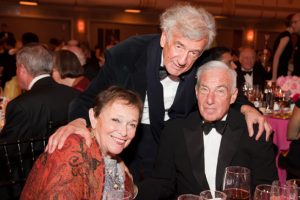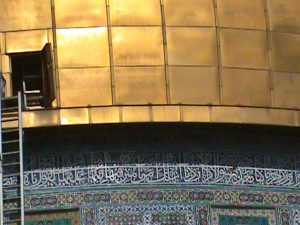Elie Wiesel died last Saturday, at the age of 87.
The iconic Holocaust survivor (he was at Auschwitz and Buchenwald) waited until 10 years after the war to write about his experiences; a friend, the French Resistance fighter (and Christian) Francois Mauriac, urged him to write.

One outcome of that endeavor for the Romanian-born moral voice was Night, a memoir of his time in the camps. I won’t even try to use many words to describe it, because that would be impossible. Suffice to say, the images will stay with you.
(I’ve long felt that a serious writer and reader should read the Bible, Mark Twain, and Night. Not necessarily in that order.)
My friend, Kenneth Bialkin (chairman of the America-Israel Friendship League), wrote a moving tribute to him this week, saying in part:
“His message was one of memory and was very personal. The memory he kept alive was shared with whoever would read or listen. He never claimed or searched or sought power or position, he simply said what he thought. His writing and commentary make out a guide for thinking, and acting, and believing for anyone who took the opportunity to read or listen or hear. It is as if a star that we were used to seeing when we looked toward Heaven is no longer there.”

What a perfect description of this wonderful human being. It reminds me much of Herman Wouk’s description of the Entebbe hero, Jonathan Netanyahu; he was, Wouk said, “an ember of sacred fire.”
I’ve visited both the United States Holocaust Memorial Museum and Yad Vashem, several times, and the sacred fire is there. In particular, when one exits Yad Vashem, one can see across the valley countless homes where Jews live.
It is a thrilling site, one that I believe is eternal.
So, too, is the memory of Elie Wiesel.

